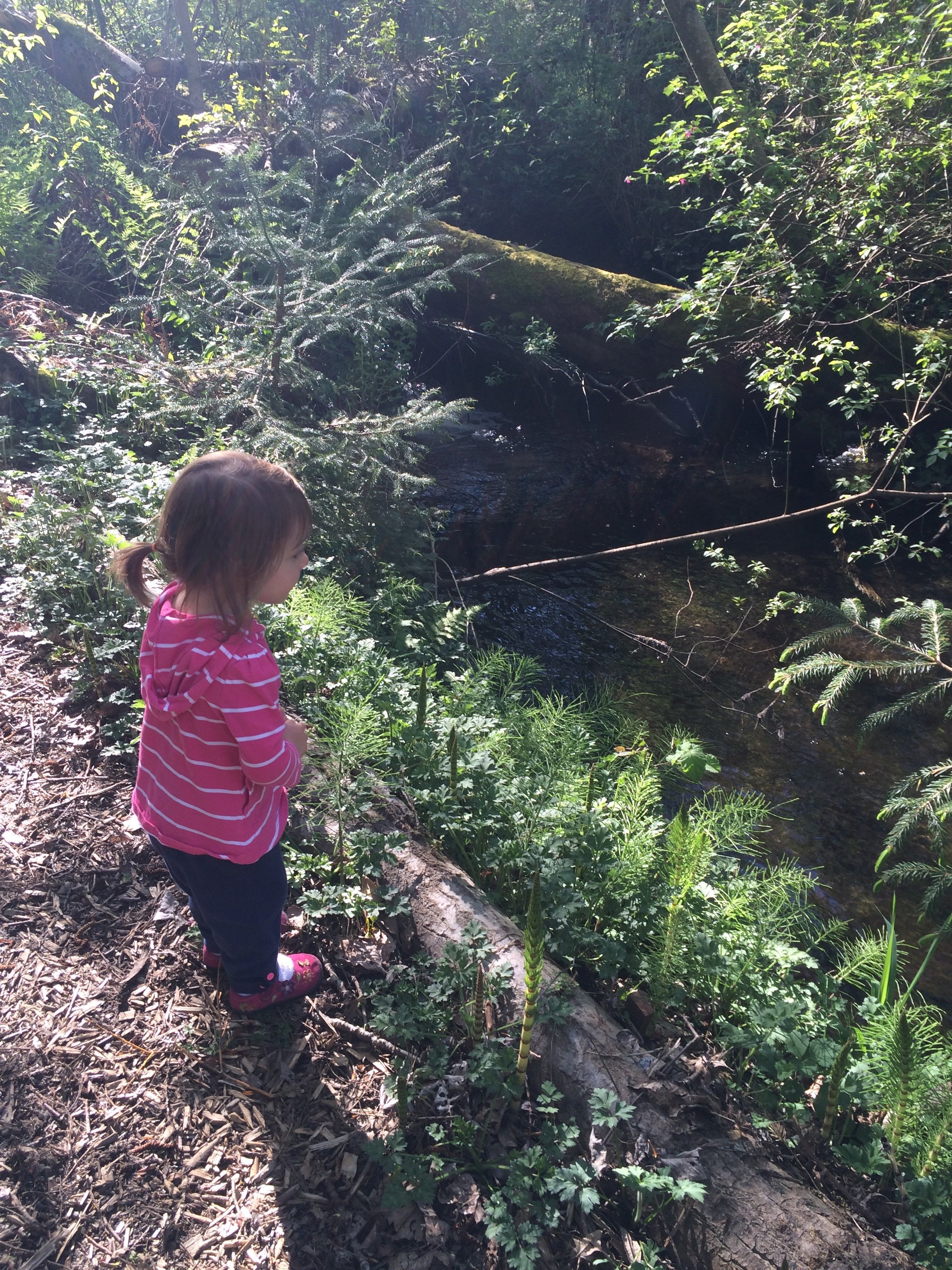Montessori
“Human beings of all ages want to be able to communicate with others, to challenge themselves, to do important work, and to contribute to society. This is human nature at its best. This desire is especially strong during the time when the child who has been observing all kinds of important activity going on around them has finally mastered the mental and physical skills to stand up, use their hands and participate in real work.” - The Joyful Child, Montessori Global Wisdom for Birth to Three, Susan Mayclin Stephenson
Montessori is the backbone of our curriculum, emphasizing accessibility and learning through play. Each classroom is carefully designed to support the developmental stage of every child, with materials that teach specific skills. In this environment, children are empowered to help themselves and take the lead in their learning—preparing them not just for school, but for their whole life.
-

Practical Life
Practical life skills are everyday tasks that help children care for themselves, others, and their environment. In our Montessori classroom, we focus on activities like putting on shoes, sweeping, washing vegetables, dusting, and feeding our pet fish. These hands-on experiences form the foundation of toddler learning, helping children strengthen their hands, build confidence, and develop the ability to follow multi-step sequences—essential skills for later academic success.
-

Fine Motor
“What the hand does, the mind remembers.” – Maria Montessori
At this age, hand development is essential. Toddlers in our program engage in activities that refine their pincer grasp and strengthen hand muscles—laying the groundwork for future skills like writing. -

Gross Motor
Toddlers need to move—to test their strength, find balance, and get vital vestibular stimulation. Through large movements, they regulate their mood and find calm in their bodies. Our environment supports this need with spaces for climbing, spinning, swinging, and wiggling. We also involve them in purposeful movement, like helping carry a table to set up for lunch.
"Music is the one art we all have inside. We may not be able to play an instrument, but we can sing along or clap or tap our feet." - Mr. Rogers
Music & Movement
-

Music Exploration
Toddlers explore the world of music through rhymes, rhythms, songs, movement, and hands-on play with instruments. Through fun, play-based music games and activities, they begin to build lifelong musical skills and a joyful connection to making music. Exploring different instruments also helps refine their fine motor skills and supports the development of a musical ear as they start to notice and identify different sounds.
-

Movement
Children naturally love to move, and dancing is a joyful way for them to connect with music. Activities like dancing, playing with parachutes, and using scarves not only make music fun—they also help children develop spatial awareness and strengthen their gross motor skills. These movement experiences give little ones a chance to explore physical boundaries, whether they’re choosing to hold hands and move together or finding their own space to dance freely and confidently.
-

Experiencing Music
Just like children learn language through listening and repetition, they can also develop a musical ear from an early age. The more they're exposed to music, the deeper their understanding and appreciation of rhythm, melody, and sound becomes. Music is also a powerful tool for emotional development—familiar songs can offer comfort and help soothe children, like a gentle lullaby at naptime.
RIE, Waldorf, and Outdoor Education
“Let the child be the scriptwriter, the director, and the actor in their own play.” - Magda Gerber
-

RIE
Resources for Infant Educarers (RIE) guides how we speak to and interact with your child. We move at their pace, speak with respect, and prioritize bodily autonomy—ensuring each child feels safe, comfortable, and in control.
RIE also shapes how we support children during conflicts. Using a technique called sportscasting, we calmly narrate what’s happening without judgment, stepping in only when necessary. With this space and support, children often find their own ways to share and resolve disagreements—sometimes in ways we wouldn’t have imagined. -

Waldorf
Waldorf education inspires many of the transition songs we sing, the crafts we offer, and how we celebrate each change of the seasons. Connecting with the patterns of the earth, and observing and celebrating their nature. Art and handwork are encouraged in our classroom.
Community engagement and social/ emotional development are other key aspects of the Waldorf philosophy that we value at Steps. We work to bring in artists and community members from different backgrounds and specialties to work with our students so they are exposed to other artistic techniques outside our breadth of knowledge.
Baking soda bread is a Waldorf tradition that we carry into the classroom. Children take part in mixing, kneading, and baking, gaining hands-on experience while engaging their senses. Sharing warm bread together fosters connection, cooperation, and a sense of community.
-
Outdoor Education
Planting in the garden, digging in the sand, splashing in water—nature is regulating and incredibly beneficial for young children. That’s why, rain or shine, we play outside!
We also bring nature indoors by using natural materials like wood, wool, and metal.
